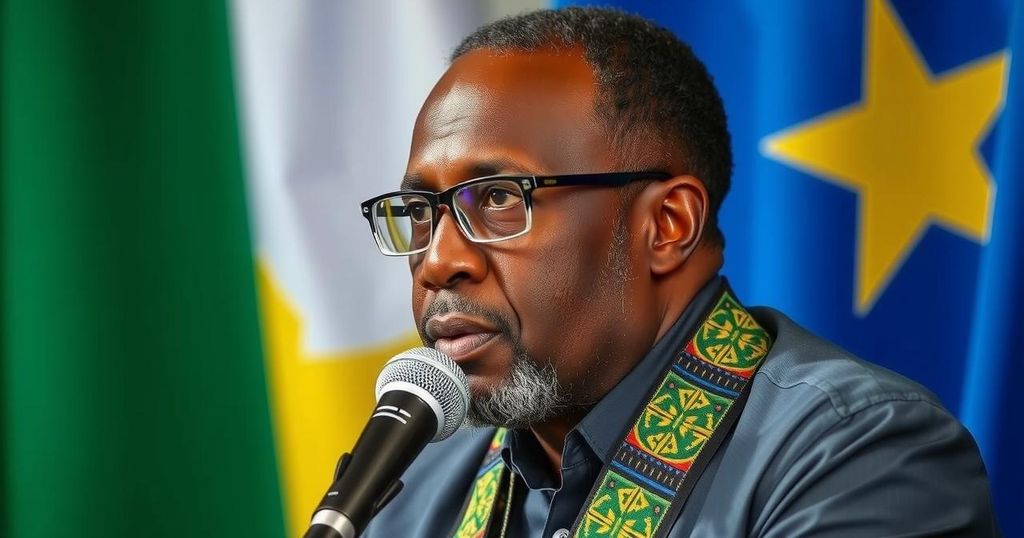Opposition Leader Abdirahman Mohamed Abdullahi Wins Somaliland Presidency

Abdirahman Mohamed Abdullahi has been elected as the new president of Somaliland, defeating incumbent Muse Bihi Abdi with 64% of the votes in the recent elections held on November 13. This shift marks a notable change in the region’s political landscape.
In a significant political shift within the semi-autonomous region of Somaliland, opposition leader Abdirahman Mohamed Abdullahi has emerged victorious in the recent elections, decisively defeating the incumbent President Muse Bihi Abdi. Detailed results from the electoral commission, released on November 13, indicate that Abdullahi secured approximately 64% of the votes, while President Abdi received 34%. This election marks a pivotal moment in Somaliland’s political landscape, signaling potential changes in governance and policy direction.
Somaliland, though internationally unrecognized as an independent state, has maintained a semblance of sovereignty since declaring independence from Somalia in 1991. Its political environment is characterized by democratic elections, unlike the prevailing instability in much of Somalia. The election of Abdullahi highlights the continued engagement of the populace in the democratic process and the potential for political change in the region. Political tensions often arise from differing views on governance, security, and economic development, shaping the dynamics of electoral contests.
The recent election in Somaliland, wherein Abdirahman Mohamed Abdullahi won against Muse Bihi Abdi, underscores the vitality of democratic practice in the region. With the newly elected president securing a formidable majority, there is anticipation of changes in policy and governance that align with the electorate’s expectations. The results reflect not only a change in leadership but also a significant moment in the ongoing evolution of Somaliland’s political framework.
Original Source: www.bnnbloomberg.ca







